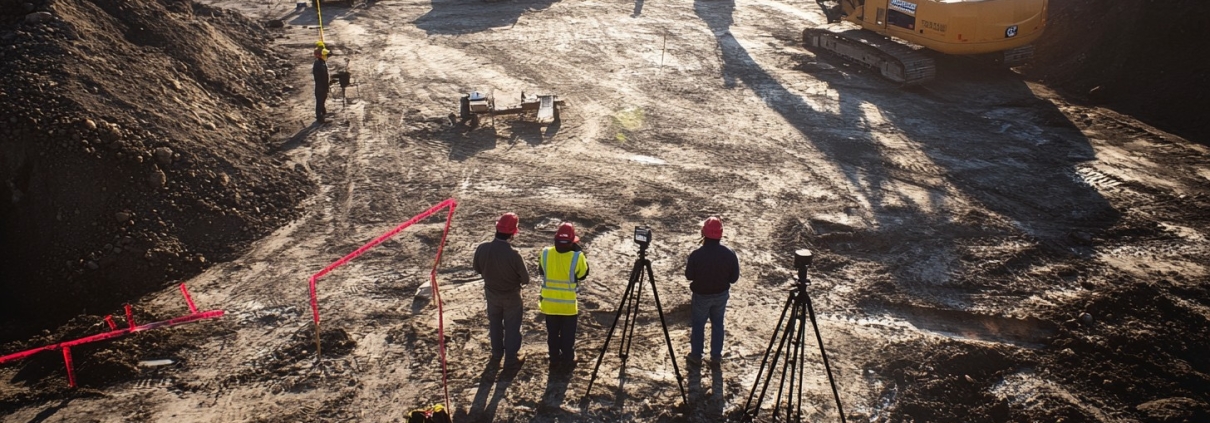A rewarding career as a Quantity Surveyor
While a Quantity Surveyor will be engaged at the beginning of a project to prepare initial cost estimates, they will play a vital role throughout the process, monitoring ongoing costs and amending any projections when there are changes to the project, which often occur.
As you progress in your career as a Quantity Surveyor, there will be opportunities to specialise, perhaps in the type of projects you work on or the type of support you are able to offer. Some Quantity Surveyors, for instance, offer specialist support on property taxes, project funding or sustainability.
There are Quantity Surveyor firms which specialise in particular types of construction – such as retail, residential, hospitality and leisure or healthcare, for instance. This will see you getting to know the specialist suppliers for these types of projects, as well as the other professionals involved. Or, if you prefer a variety of projects or locations, then the larger, broader Quantity Surveying and construction firms might suit you better.
As you progress as a Quantity Surveyor, you’ll typically amass more skills in certain areas and, in time, be able to offer advice on lifecycle costing, cost planning, procurement, tendering, contract administration and overall commercial management.
Your skills as a Quantity Surveyor will include an understanding of finances and budgets but, as you advance in your career, your people skills will be called upon to typically manage a team, as well as managing all-important client relationships, in addition to relationships with other professionals and suppliers. In addition, you may need to show skills in managing risk, ensuring compliance, and negotiating. You’ll be expected to think on your feet, and deal with changes to budgets and time-scales.
If you’re working at a large construction company, you’ll enjoy working with the team there across the board, including with the finance and accounting team.
Throughout any project, you’ll be expected to provide regular cost reports, cash flow forecasts and financial updates to project stakeholders, as well as attend site meetings and work with project managers, architects and engineers to ensure that all financial aspects of the project are on track.




Leave a Reply
Want to join the discussion?Feel free to contribute!